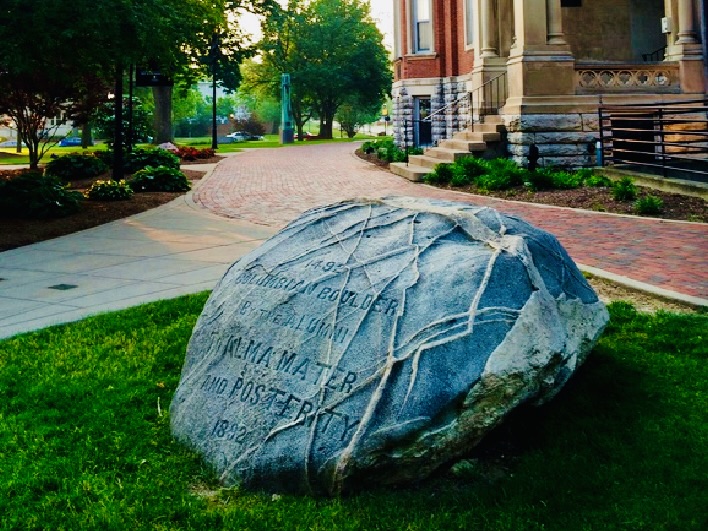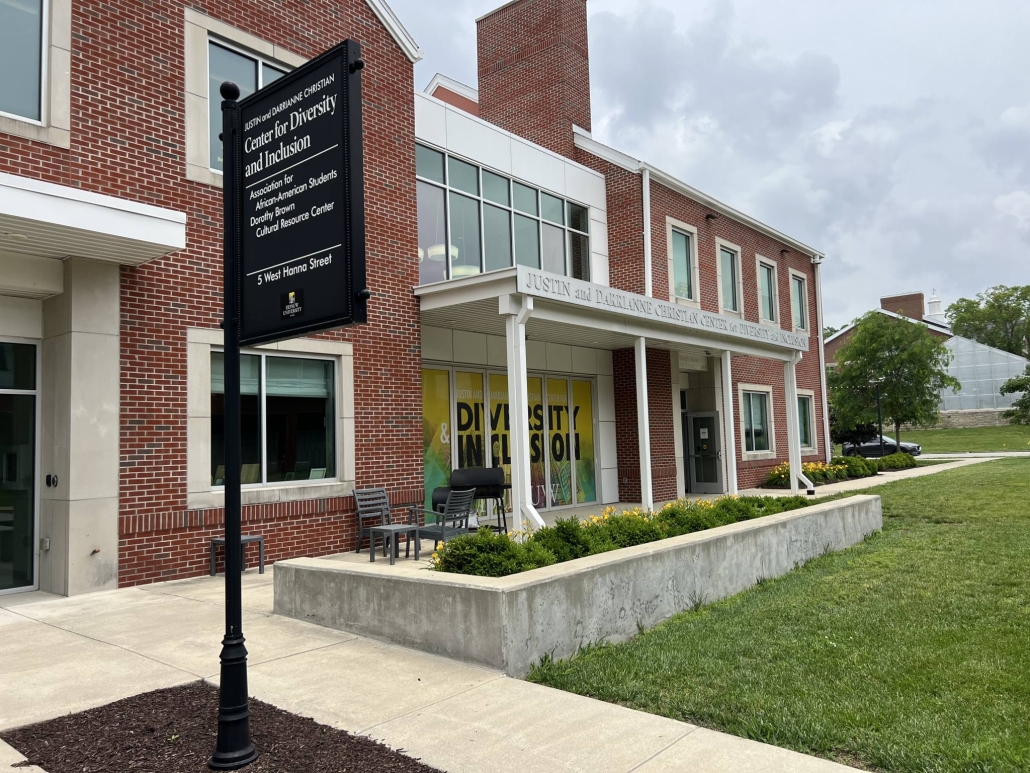Are You Lazy When It Comes to Critical Thinking?
While it is true the United States has experienced a recent surge in productivity, driven by a combination of factors that have contributed to the rise in output per worker, I believe we have an epidemic of laziness.
I see and experience the epidemic of laziness in critical thinking.
“Critical thinking is the process of analyzing available facts, evidence, observations, and arguments to make sound conclusions or informed choices. It involves recognizing underlying assumptions, providing justifications for ideas and actions, evaluating these justifications through comparisons with varying perspectives, and assessing their rationality and potential consequences. The goal of critical thinking is to form a judgment through the application of rational, skeptical, and unbiased analyses and evaluation.” – Wikipedia
Jumping to conclusions, running people down, pushing conspiracy theories, and sidestepping research seem to be the primary forms of exercise in the United States these days. Fake, false, bogus, and phony information have become so normal that people are offended by truth, facts, and authentic, accurate information.
Daniel Kahneman, Thinking Fast and Slow, writes that 90% of our thinking is fast. While fast thinking can be a lifesaver and has its place in our daily lives, fake, false, bogus, and phony information thrives on fast thinking. Slow thinking requires time, effort, and more energy. Critical thinking is slow thinking. This short YouTube video clip explains the concepts of fast and slow thinking.
Are you curious? Curiosity is the critical tool of critical thinking. Curiosity leads to possibilities and stimulates our imagination, leading to creativity. Pessimism is devoid of critical thinking. Science relies on critical thinking.
Having returned from my DePauw University 50th college reunion, President White emphasized that a key purpose and desired outcome of a DePauw education is to learn and embrace critical thinking. The studies I took at DePauw, which included anthropology, art, economics, English, foreign languages, history, music, philosophy, religion, and psychology (my major), have influenced my critical thinking and continue to do so today.
Have you engaged in critical thinking to discover your purpose and core values? Critical thinking is at the core of learning and living your life on purpose and in alignment with your core values. Know what you stand for and don’t stand for.
Critical thinking is acknowledging your flawed thinking in terms of bias and logical fallacies. Do you have confirmation bias, belief bias, self-serving bias, groupthink bias, or negativity bias? Do you have logical fallacies like ad hominem, tu quoque, loaded questions, appeal to authority, or black-or-white thinking? If you’re willing to explore your biases and logical fallacies, consider getting a deck of Critical Thinking Cards.
Critical thinking is an essential tool in coaching, counseling, and therapy.
Critical thinking is a vital cognitive process for individuals in leadership roles, including those in Scout troops, civic clubs, organizations, corporations, politics, and the POTUS.
Coaching, counseling, therapy, and leadership are founded on love! Love is a verb. The opposite of love is fear. Unlike fear, love requires critical thinking.
Mel Robbins defines love as a combination of consideration and admiration. To consider someone is to be mindful and accepting of someone with all their warts, scars, and imperfections. It is a slow, conscious choice not to be controlling or trying to change someone. Consideration involves recognizing when and where someone needs you and your help, from something as simple as opening a door when their hands are full, to being with them during a challenging experience, and refraining from trying to fix or heal them. Admiration is about respect, approval, and wonder. This requires slow thinking, as it involves admiring people with whom you may disagree on beliefs and opinions, recognizing that you have more in common than you are uncommon.
Are you lazy when it comes to love? Are you lazy in loving your neighbor, your leadership followers, your teammates, members of your commUNITY who look different and believe differently? Are you lazy in loving yourself just as you are, with all your imperfections and failures?
My next blog will focus on the laziness of understanding, building, and maintaining trust.






